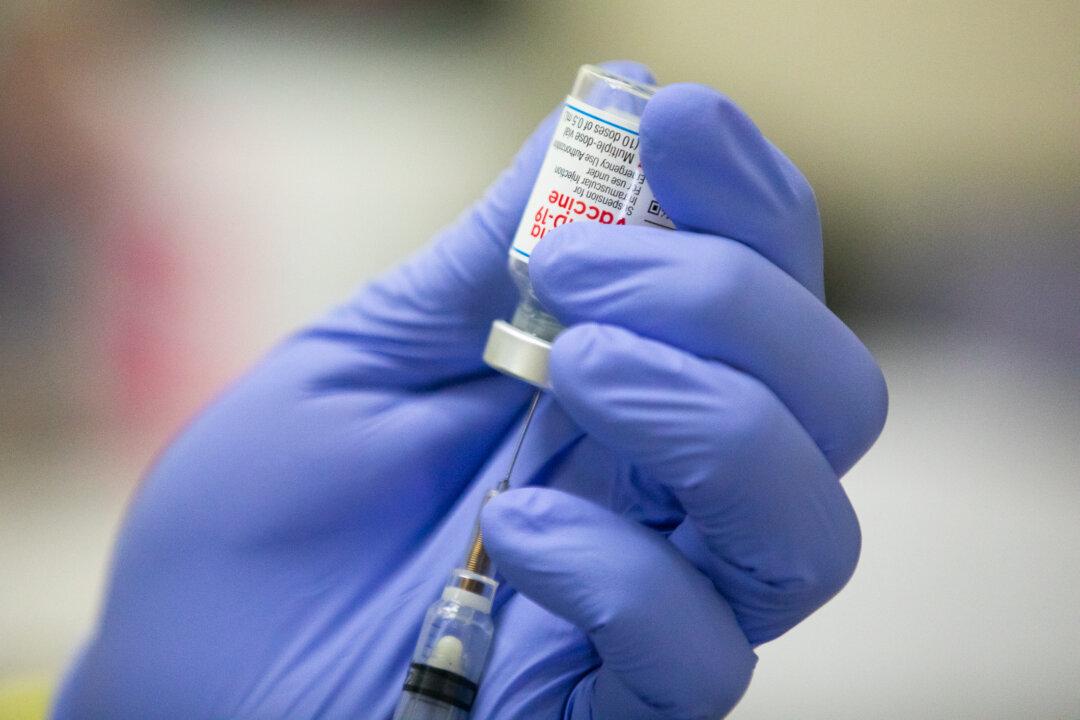Moderna Inc. on Tuesday sought conditional marketing authorization with the European Medicines Agency for use of its COVID-19 vaccine in children aged 6 to 11, coming as French authorities said people under age 30 shouldn’t receive the shot.
“This marks our first submission for the use of our vaccine in this age group,” said Stephane Bancel, Chief Executive of Moderna, adding the firm will submit the data to other regulatory agencies around the world.





